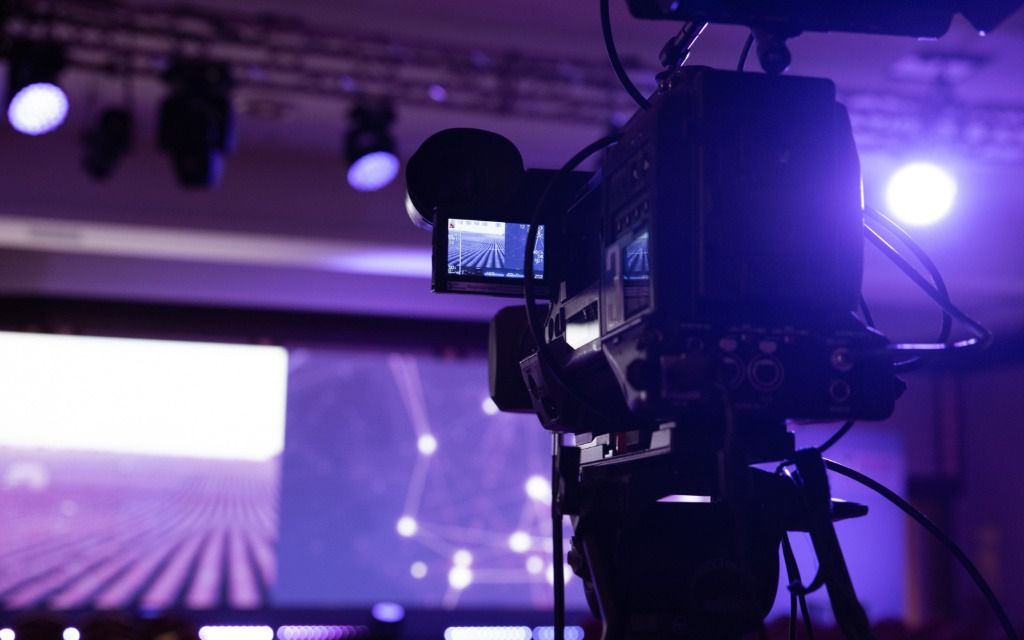Maximising Tax Efficiency for Your Video Production Business
If you run a video production company creating promotional films, commercials, or digital content, managing your tax effectively can significantly impact your business’s profitability.
Fortunately, there are several strategies to lower your tax bill, such as maintaining accurate accounting records, identifying tax relief opportunities (e.g., R&D tax credits), and claiming allowable business expenses.
Can You Write Off a Video Camera as a Business Expense?
Yes, you can. However, the expense must meet the “wholly and exclusively” rule, meaning it should be incurred solely for business purposes. For companies, it must also meet the “necessarily incurred” condition.
This is a common question for filmmakers, as cameras may sometimes seem like a personal purchase. However, if you’ve bought a camera solely for your video production business, it qualifies as a business expense.
Here’s how it works:
- Treat the camera as a capital allowance under traditional accounting.
- Alternatively, treat it as an allowable expense under the cash basis.
- For other business equipment like microphones, tripods, lighting, and rigs, the same rules apply.
Not sure which accounting method to use? Contact us for tailored advice.
Claiming for Editing Software and Studio Rent
- Editing Software: Software for your business qualifies as an allowable expense, not a capital allowance.
- Studio Rent: If you rent a studio or other commercial premises, you can claim this as an allowable expense. This also includes costs like heating, lighting, and security systems.
If you work from home, you can claim a portion of your household bills for business use. Use a reasonable method to calculate this, such as the number of rooms used and time spent working in them.
Travel and Accommodation Expenses
Business-related travel expenses are allowable and include:
- Fuel, vehicle insurance, repairs, servicing, and parking fees.
- Public transport costs like train or bus fares.
- Accommodation and meals for overnight business trips.
However, travel between your home and a regular workplace is not claimable unless it’s to a temporary workplace. If you’re unsure whether a filming location qualifies, we can help clarify the rules.
Staff Costs: Hiring a Crew and Actors
You can claim allowable expenses for:
- Salaries, subcontractor fees, pensions, and National Insurance contributions.
- Staff entertainment for team-building purposes, as long as it’s under £150 per head annually and open to all employees.
Note: Business entertainment (e.g., entertaining clients or subcontractors) is not an allowable expense.
Other Business Expenses for Video Production
Don’t overlook these other allowable expenses:
- Advertising and Marketing: Costs related to promoting your business.
- Legal and Financial Costs: For example, accountancy fees.
- Training Courses: Refresher or skill-enhancing courses directly related to your business.
However, courses aimed at starting a new business or expanding into new areas do not qualify.
Stay Organised with Expense Management
Managing expenses can be daunting, especially when HMRC requires evidence for each claim. Using an expense management tool like Dext can simplify the process by keeping your records organised and connected to accounting software like Xero.
Once your expenses are recorded, we’ll ensure everything is accounted for and compliant with HMRC rules.
Ready to Take Control of Your Finances?
Don’t leave your tax savings to chance. Our expert accounting services for video production businesses are designed to help you stay compliant, claim all allowable expenses, and maximise your profitability.
Get in touch today to book your free consultation.
Contact us now and take the first step towards simplifying your accounting and boosting your business’s success!


